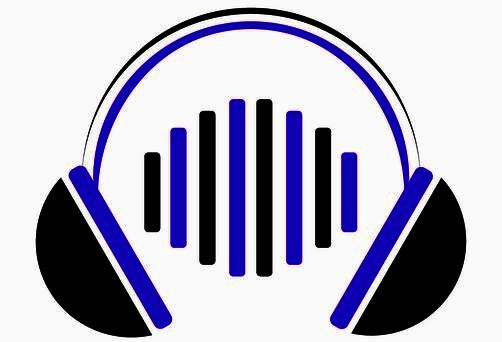London Dubstep Culture in an Online Discord Community
The Mediation of Bass, Space and Place
DOI:
https://doi.org/10.12801/1947-5403.2024.16.01.04Abstract
What happens when a music scene’s spaces of performing, socialising and dancing—including venues, radio stations, record stores and internet forums—are reconfigured online? When the scene in question gravitates around extreme sub-bass and the sound systems that reproduce it, how exactly does that scene take shape on the internet? This article addresses these questions by presenting a digital ethnography conducted with Real Heads, a dubstep-centric music community on the social media platform Discord established in 2019. The analysis focuses on a weekly broadcast of DJ sets by Real Heads hosted on the livestreaming site Twitch. I explore how this communal project, born out of COVID-19, reworks the space and sociality of early or so-called “real” dubstep (when the genre first emerged in London in 2001–6) through inherited musical practices and regimes of subcultural capital, particularly from pirate and internet radio. In doing so, the article wrestles with the tensions between the (im)material space of the internet and the community’s investment in dubstep’s sonics, heritage and performance practices. I argue that Real Heads represents a novel form of DJ culture that warrants critical attention, and ultimately show how the group’s online performances afford potent affective experience outside the physical space and visceral materiality of traditional sound system events: materiality that, at first glance, should be non-negotiable for “real” dubstep heads.
Downloads
Published
Issue
Section
License
Authors who publish with this journal agree to the following terms:- Authors retain copyright and grant the journal right of first publication with the work simultaneously licensed under a Creative Commons Attribution-Noncommercial-Share Alike License that allows others to share the work with an acknowledgement of the work's authorship and initial publication in this journal.
- Authors are able to enter into separate, additional contractual arrangements for the non-exclusive distribution of the journal's published version of the work (e.g. post it to an institutional repository or publish it in a book), with an acknowledgement of its initial publication in this journal. Such derivate works or subsequent publications must happen no less than one calendar year after the initial publication date in Dancecult.
- Authors are permitted and encouraged to post their work online (e.g. in institutional repositories or on their website) prior to and during the submission process, as it can lead to productive exchanges, as well as earlier and greater citation of published work (See The Effect of Open Access).






